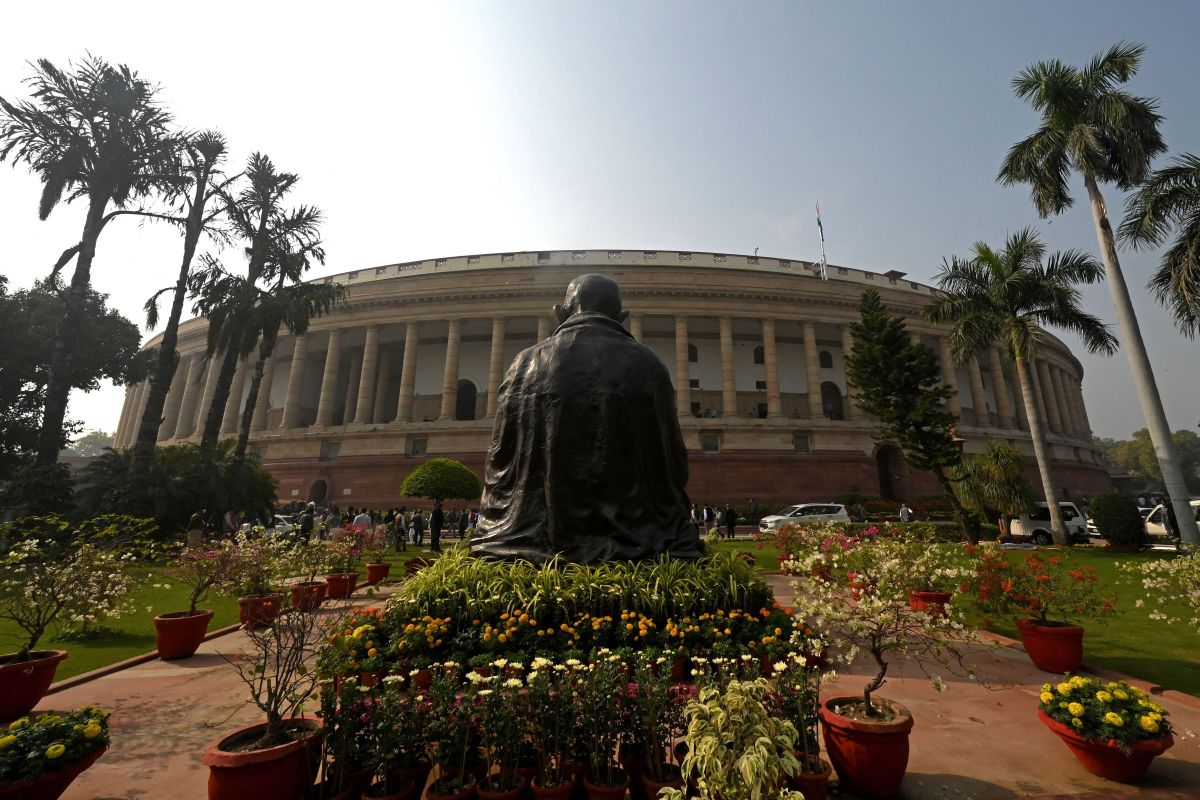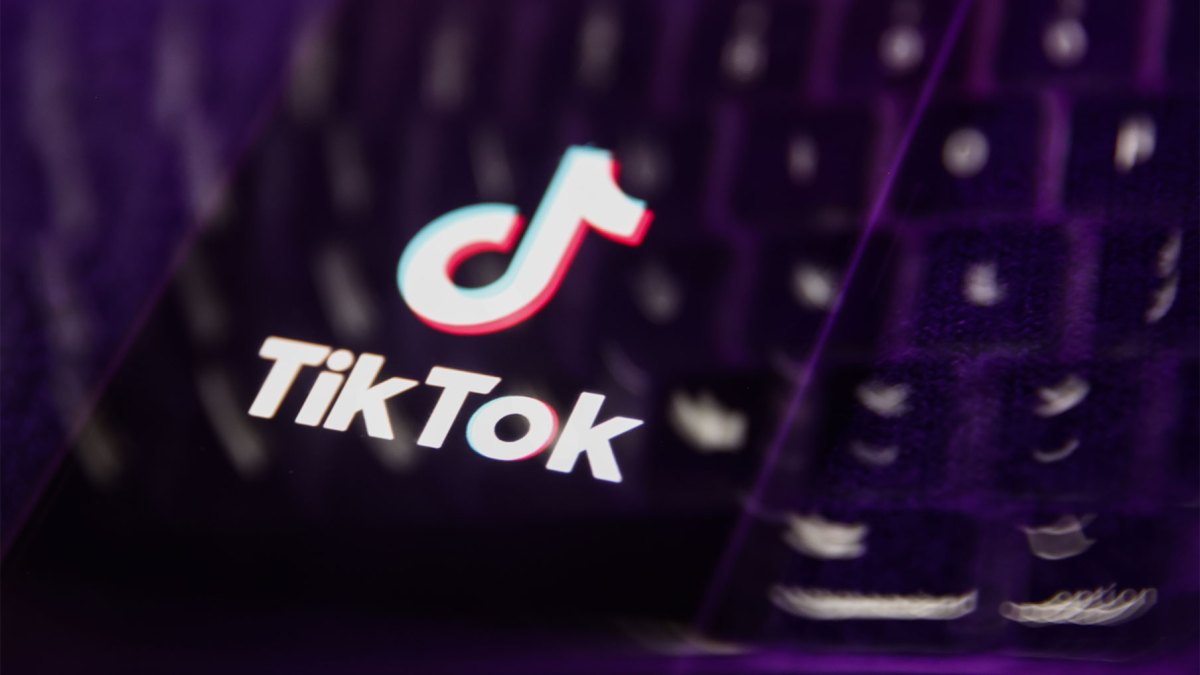
India amended its IT law on Thursday to prohibit Facebook, Twitter and other social media firms from publishing, hosting or sharing false or misleading information about “any business” of the government and said the firms will be required to rely on New Delhi’s own fact-check unit to determine the authenticity of any claim.
Failure to comply with the rule, which also impacts internet service providers such as Jio and Airtel, risks the firms losing their safe harbour protections. The rule, first proposed in January this year, assigns the Press Bureau of India, a unit of the government, arbitrary and over-broad powers to determine the authenticity of online content and bypasses the principles of natural justice, said New Delhi-headquartered digital rights group Internet Freedom Foundation.
“The notification of these amended rules cement the chilling effect on the fundamental right to speech and expression, particularly on news publishers, journalists, activists, etc. The fact check unit could effectively issue a takedown order to social media platforms and even other intermediaries across the internet stack, potentially bypassing the process statutorily prescribed under the Section 69A of the IT Act, 2000,” Internet Freedom Foundation added.
The Ministry of Electronics and IT asserted that existing IT rules already required intermediaries to make “reasonable efforts to not host, publish or share any information which is patently false and untrue or misleading in nature.”
The amendment also cracks down online games that offer betting services by amending its IT Rules 2021 that will require self-regulatory bodies to ban apps that offer wagering.
Rajeev Chandrasekhar, India’s minister of state for electronics and information technology, said at a press conference that online gambling and betting platforms presented challenges to New Delhi’s vision of open and safe internet. “We have seen over the last few months many startups running afoul of state laws, state rules and state regulations. We hope that these rules will create a much more stable, consistent and predictable framework for all those startups that are interested in the online gaming ecosystem.”
The Ministry of Electronics and IT has tasked the gaming industry, which represent a multi-billion dollars opportunity, to form self-regulatory bodies and in its amendment on Thursday said such bodies will determine what games are permitted in the country.
“These rules don’t deal with all the nuances and sophistication of games of chance and games of skills. We are bypassing that by laying out a basic principle that the moment an online game trespasses into involving betting and wagering, regardless of its core content, then it falls afoul of these rules,” he said.
Chandrasekhar said many online platforms have masqueraded as gaming have offered betting services and in some cases have been involved in criminal activities such as money laundering.
The ministry further said that online gaming firms will be required to undertake the know your customer verification before they allow users to spend any money. Additionally, online games will not be permitted, either directly or through a third-party, to offer credit financing options to their users.
The vast majority of betting games focus on IPL, a two-month long T20 cricket tournament. Revenue for fantasy sports is estimated to grow as much as 35% this year to over $375 million, according to consultancy firm Redseer. Fantasy sports startups insist that their offerings test customers’ skills and is different from gambling.
“Steep growth in fantasy sports gaming will come from tier 2 cities driven by increasing adoption of fantasy platforms and cross-migration of users from other games. Increased internet accessibility will give a push to the IPL economy. Our estimates suggest that the average revenue per user is expected to grow from INR 410 ($5) in IPL 2022 to INR 440 ($5.37) per user in IPL 2023,” the firm said.
“The release of the new online gaming rules is a watershed moment for the industry, as it recognizes online gaming intermediaries and distinguishes them from gambling. The rules will go a long way in helping us realize our Hon’ble PM’s vision for India to become a global leader in gaming and also contribute to the continued success of brand India and create in India,” said Harsh Jain, co-founder and chief executive of fantasy sports startup Dream11, in a statement.
Jagmeet Singh contributed to this report.








